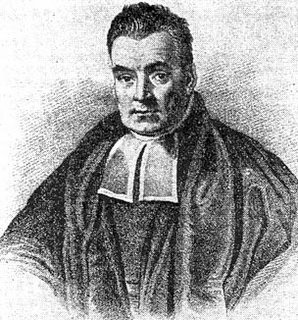 [A new avatar?] [Bayesless]
[A new avatar?] [Bayesless]BrooklynDodger(s) comment: Malcolm Gladwell is hot, as a non-fiction author translating technical subjects for lay audiences. In this case, it's social science type topics. He parallels Suroweicki (sp?), also at the New Yorker, who does business and economics, and may James Glieck who wrote on chaos and other more natural science topics. The Dodger(s) concern is that these guys have "never the played the game" in the disciplines they write about. Unlike Paul Krugman and Steve Gould, for two. Or, the Dodger(s) or the Reveres. Even though no practitioner can have worked on more than a few of the important issues that might be covered in an first year course in chemistry or biology or economics, nevertheless the presentation is grounded in some direct understanding of where the ideas came from. That said, practitioners are often not very good at explaining what's important about their ideas. In a way, a bench scientist writing about stuff away from the scientist's field may be the best commentator.Gladwell's commentaries on auto safety, published in the New Yorker, were mainly wrong. He said the focus on crash survivablity was wrong, emphasized behavior modification, and missed the environmental differences between driving in the US and driving in Europe.
>>>>>>>>>>>>
The Gladwell Effect
http://www.nytimes.com/2006/02/05/books/review/05donadio.html?_r=1&oref=slogin"PEOPLE are experience rich and theory poor," the writer Malcolm Gladwell said recently. "People who are busy doing things — as opposed to people who are busy sitting around, like me, reading and having coffee in coffee shops — don't have opportunities to kind of collect and organize their experiences and make sense of them."
MALCOLM GLADWELL'S BOOKS
'Blink' (2005): Review | First Chapter
'The Tipping Point' (2000): Review | First Chapter
Slight, shoeless and sporting the large head of curly hair that's become his trademark, Gladwell, a staff writer for The New Yorker, was sitting at the kitchen table of his apartment in a West Village town house. In tones at once laid-back and precise, he was discussing his best-selling books: "The Tipping Point" argues that small actions can spark "social epidemics" — a term he gives a positive connotation; and "Blink a paean to intuitive thinking, makes a case for "thin-slicing," paring down our information intake so we can tune out the static and make fast, sound decisions

No comments:
Post a Comment